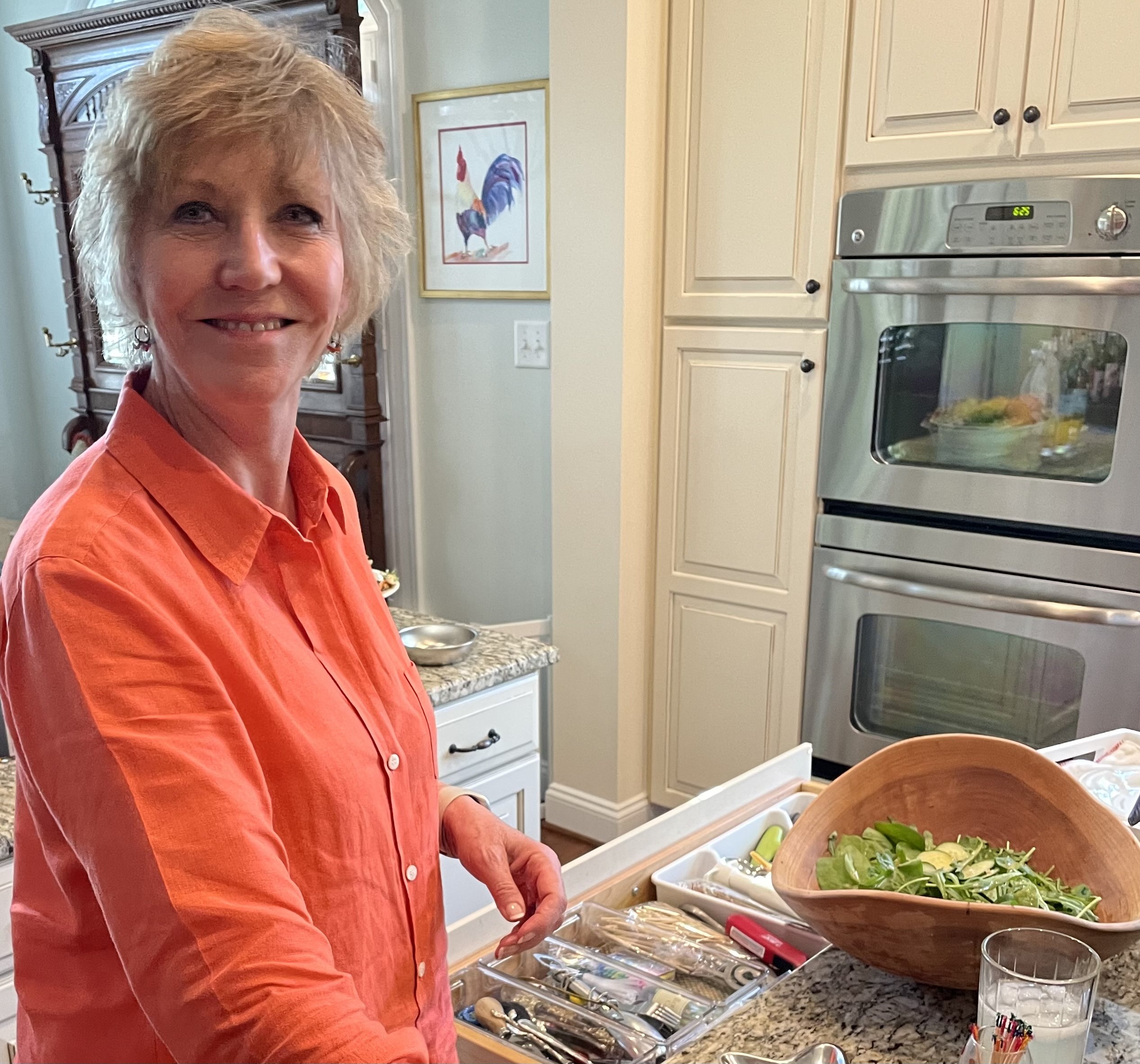If you want to grow your B2B company, focus on creating best-in-class client and employee experience.
Every high-performing B2B company is vying for that enviable spot where they stand out from the competition. But what does quantifiable research say separates the best from the rest?
To understand business leaders’ views on what it takes to be a high-performing company today, Susan Quinn, founder and CEO of Circle S Studios, partnered with a third-party research firm, Audience Audit, to survey 173 B2B executives for a statistically significant study (error rate of +/- 7 points at 95% confidence level).
“The data shows that 72% of respondents believe that best-in-class matters, yet if it is stated as a marketing claim they are skeptical,” says Quinn. “When backed up with credentials, it can help attract and retain the people and partners your business needs to grow.”
For 30 years Quinn has worked with professionals from Fortune 500 to middle market firms across the country developing strategies that spur growth. Today her consulting practice focuses on companies who want to “better their best” every day.
In a phone interview, Quinn gave me an advance peek at her research to be released in April 2023. We first met when she asked for editing advice on an upcoming book she is writing about delivering the best experiences in order to stand out.
The results of her research show there are three distinct attitudes toward the concept of being best in class. Which group would describe your company?
The study says 35% fall in the satisfied category, a group that is most likely to say their organization is already one of the best in their industry.
Another group that emerged in the study was simplifiers, a category of 34% who dismiss the importance of best-in-class designation, saying it has neither meaning nor value.
The aspiring professional, a category which made up 32% of the study, valued designations such as best-in-class and considered them meaningful.
“Our consulting practice monitors nine traits that all high-performing companies exhibit, which are based on our research, as well as other third-party sources,” says Quinn. “When done consistently, these companies not only outperform their peers, in many cases become designated as best in class.”
The nine traits Circle S Studio tracks are:
- Define clear guiding principles.
- Optimize the employee experience.
- Exceed client expectations.
- Focus intensely on quality.
- Adapt to change.
- Monitor a data-rich dashboard.
- View the ecosystem holistically.
- Avoid complexity.
- Learn and improve continuously.
Quinn says these nine traits can add up to a better client experience, a better employee experience, and a better brand experience.
“While we have seen these nine traits remain tried and true, regardless of the economic cycle or latest fads, we know that historically, massive disruption can alter the landscape,” said Quinn. “The global pandemic is a perfect example of how profoundly the world changed.”
According to Quinn, recent studies have found that 89% of employees are seeking higher purpose and that is a factor in why employee attrition rates rose to record highs during the pandemic.
“Best-in-class experiences possess real business value that can be measured and evaluated through a variety of metrics,” says Quinn.
Quinn noted that many businesses use the Net Promoter Score to measure customer satisfaction and loyalty. She cites research from Bain & Company that indicated that fluctuations in this score can explain roughly 20% to 60% of the variation in organic growth rates among competitors in most industries.
“Those that are delivering the best experiences are standing out; they are winning the talent war and building loyal customer relationships for the short and long term,” said Quinn.

